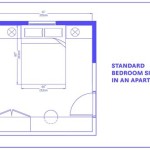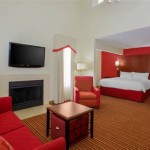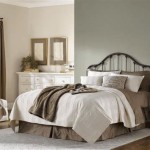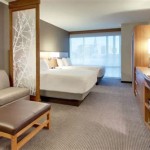Mirrors In Bedroom Feng Shui
According to feng shui principles, mirrors have the ability to reflect and amplify energy, making them powerful tools for enhancing or correcting the flow of qi (chi) in a space. When it comes to the bedroom, the placement of mirrors is particularly important, as it can greatly influence the quality of sleep, relationships, and overall well-being.
Placement for Sleep and Rest
Mirrors should never be placed directly across from the bed. This positioning can create a sense of restlessness and anxiety, making it difficult to fall asleep or stay asleep. Instead, mirrors should be placed on the walls adjacent to the bed, where they will reflect the headboard and create a sense of spaciousness and tranquility.
Relationship Harmony
Mirrors can also be used to enhance relationship harmony in the bedroom. Placing a mirror on the wall opposite the foot of the bed creates a sense of symmetry and reinforces the bond between partners. It is important to avoid placing mirrors on the ceiling above the bed, as this can create a feeling of being watched and undermine intimacy.
Amplifying Positive Energy
Mirrors can be used to amplify positive energy in the bedroom by reflecting light and creating a sense of spaciousness. Placing a mirror on the wall opposite a window will reflect the natural light, brightening the room and creating a more inviting atmosphere. Additionally, placing a mirror on the wall opposite a piece of artwork or a decorative object will enhance its beauty and create a focal point in the room.
Correcting Negative Energy
Mirrors can also be used to correct negative energy in the bedroom. For example, if there is a sharp corner or an architectural flaw in the room, placing a mirror on the opposite wall can reflect the negative energy away and create a more balanced flow of qi. Mirrors should not be placed opposite doors or windows, as this can lead to energy loss and disruption.
Shape and Size
The shape and size of the mirrors in the bedroom should also be considered. Round or oval mirrors are generally considered to be more auspicious than square or rectangular mirrors, as they create a softer and more harmonious energy. The size of the mirrors should be proportional to the size of the room. Large mirrors in small rooms can create a sense of clutter and overwhelm, while small mirrors in large rooms can appear insignificant.
Maintenance and Care
It is important to keep mirrors in the bedroom clean and free of smudges or scratches. Dirty mirrors can reflect negative energy and disrupt the flow of qi. Additionally, mirrors that are cracked or broken should be replaced immediately, as they are believed to attract bad luck and misfortune.
By carefully considering the placement, shape, size, and maintenance of mirrors in the bedroom, you can harness their powerful energy to create a space that is conducive to restful sleep, harmonious relationships, and overall well-being.

Feng Shui Quick Tip Mirrors In Bedrooms

The Feng Shui Of Mirror Placement In Your Bedroom City Mattress

Why Having Your Mirror Facing Bed Is Bad Feng Shui

8 Tips To Feng Shui Your Bedroom So You Can Get Better Sleep And Luck

Feng Shui For Your Bedroom What To Bring In Keep Out Mindbodygreen

How To Use Mirrors For Good Feng Shui 14 Steps With S
:strip_icc()/cdn.cliqueinc.com__cache__posts__222765__-222765-1493392610633-image.700x0c-694f324bb0a54421b8d9586aa061c892.jpg?strip=all)
Expert Feng Shui Bedroom Design Ideas

Great Interior Design Bad Feng Shui Part 1 Balancing Walls

How To Use Mirrors For Good Feng Shui 14 Steps With S

Why Mirror Facing The Bed Is Bad Feng Shui
See Also








